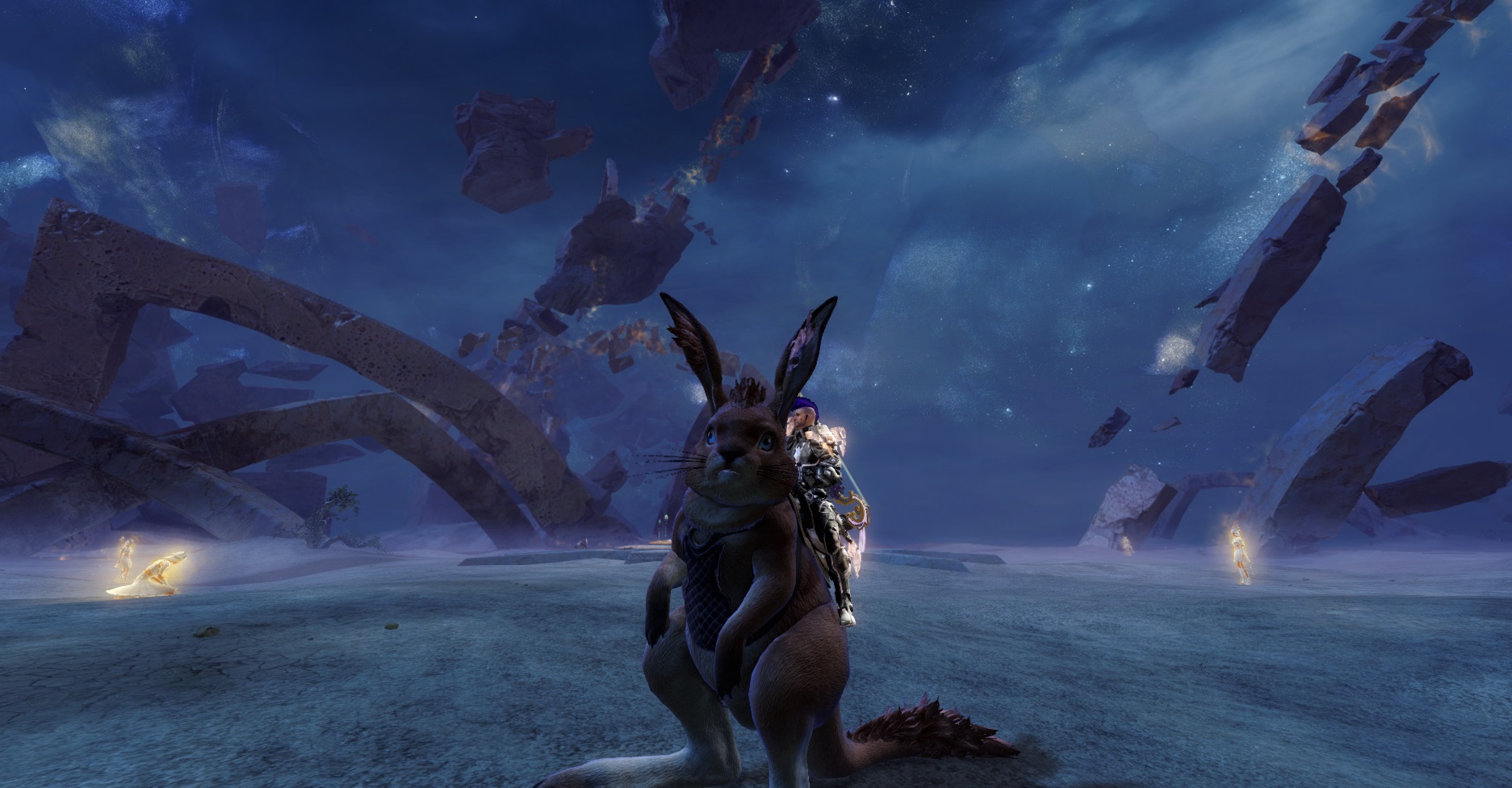
The internet is alight with opinions on the drama and ArenaNet’s response to the comments made by Price and her coworker, so in this edition of Flameseeker Chronicles, I just had to address it myself.
Context behind the Twitter debacle
I literally don’t have the space to go over the entire Twitter debacle that got two employees fired here in all its intricacies or else I’d end up with a short book on the matter. I’ll provide a very brief TL;DR here, however, for those who haven’t managed to follow along with the updated news article. If you’d like to hear someone else’s take on the matter, there are several excellent articles listed in our news coverage, but I highly recommend watching the WoodenPotatoes video above since it is so exhaustive for less than an hour of discussion. Heck, if you ever need a detailed yet accessible summary of anything GW2-related, check him out!
The issue at hand revolves around then-ArenaNet narrative designer Jessica Price and how she used her private Twitter account to blast a Guild Wars 2 fan and YouTuber named Deroir for what she described as explaining her job to her after she used the same Twitter account to add further thoughts to a rather productive Reddit AMA thread she took part in. She made the point that MMO player characters are notoriously difficult to write compelling reactive dialogue for because of the nature of MMOs: If we design a character we feel ownership over their reactions and will respond negatively to lines or actions that fly in the face of how we feel they should respond to scenarios. The post was detailed, savvy, and professional, discussing how the commander’s dialogue is written with projection in mind to create an “everyman” protagonist anyone can become.

Deroir replied to the post with his take on what Price said about designing a PC for MMOs, disagreeing slightly and perhaps over-explaining rather simplistic concepts, but remaining polite throughout his three-tweet reply. For the record, my MMO Mechanics writer and game developer brain didn’t see much merit in his point and I don’t agree that Living World is to blame for this particular problem, but that is an entire tangent for another article someday. Suffice it to say that, from my perspective at least, I found his reply to be polite but lacking in substance and perhaps a little bit of understanding of the comparison Price was making, but I certainly didn’t think it was intentionally cantankerous or mansplainy. I saw an avid lore fan attempt to engage with a narrative lead, and even if his response missed the mark, nothing said pointed to any sort of contempt for Price either personally or professionally. Not matching her expertise in the field is not a crime by any stretch and should not prevent dialogue on the topic in and of itself.
Price did not take his musings well at all and by most accounts overreacted to the apparent slight: She replied with a “thanks for trying to tell me what we do internally, my dude 9_9” and followed that up with a standalone tweet that retweeted Deroir with the caption “Today in being a female game dev: ‘Allow me — a person who does not work with you — explain to you how you do your job.’.” This is when the issue blew up significantly: The post picked up momentum and sparked anger from both those who saw Price as a rampant misandrist and those who defended her, including her colleague Peter Fries, who also was fired as a result of the kerfuffle despite 12 years of service to ArenaNet. Price’s comments became more irreverent and rude while the retaliation she received in exchange grew increasingly brutal, which ultimately led to her dismissal by studio boss Mike O’Brien’s on July 5th.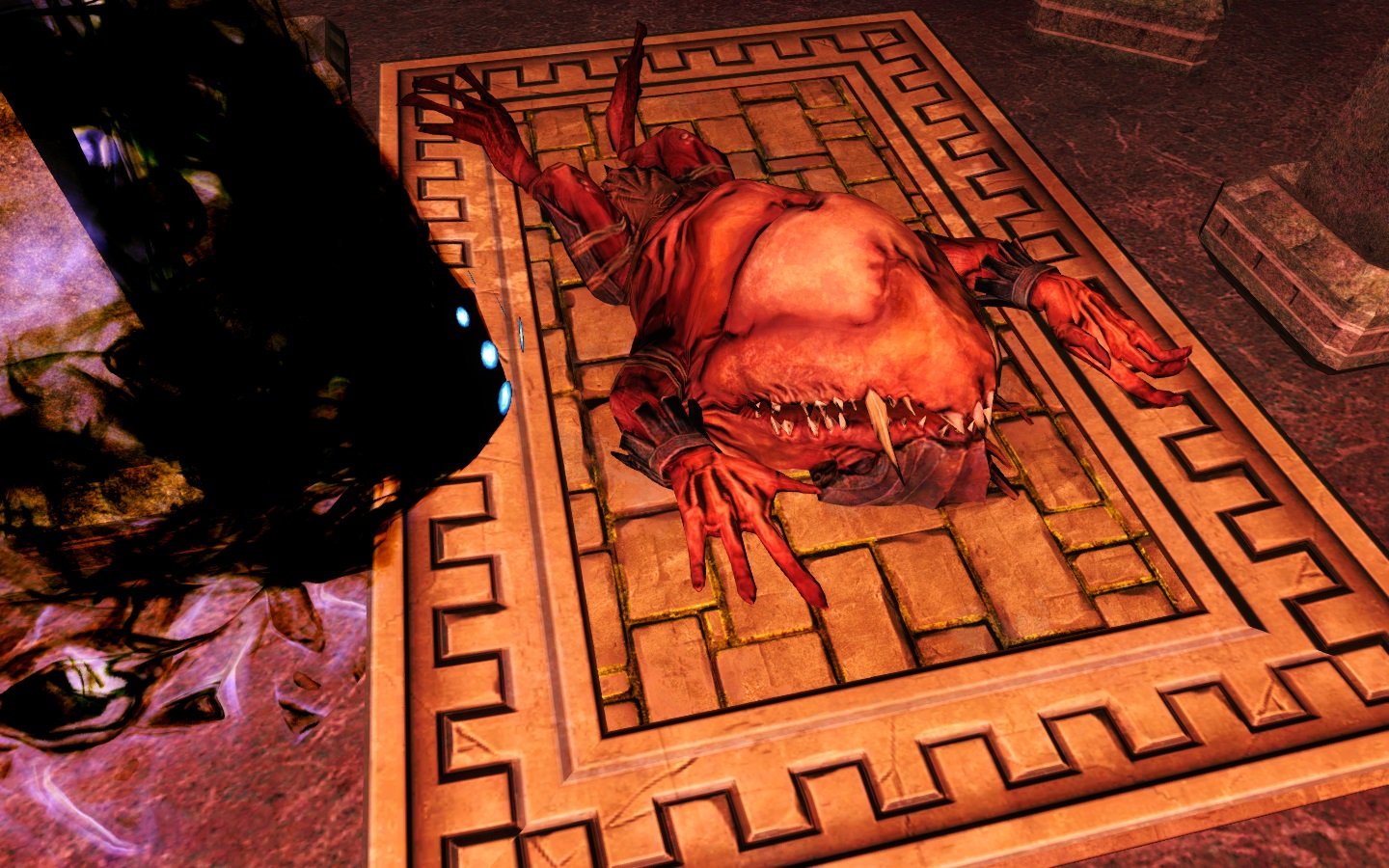
Who was in the wrong?
I’m trusting you, fair reader, to stick with me as I sift through the blame game and try be honest about where I think this conversation and the public response to it went awry. I’ve seen the heated debates around the topic and have seen the clear divisions forming online between those who blame Price, misandry, and unprofessionalism and those who blame ArenaNet, the Reddit mob, and chauvinism, but I see a different picture altogether that I hope will become clear by the time this article concludes. What is immediately apparent to me at least is that nobody comes off particularly well in this exchange: Lessons should be learned as a result of how this social media drama has been handled so that it isn’t repeated, and our society must look at how we react to social media content to prevent us forgetting the human element of these exchanges.
I want to say straight up that I don’t believe that either Price or Fries should have lost their jobs over the comments made on Twitter, though perhaps not for the reasons you’d expect. This inflammatory incident that incited so much controversy should have been prevented by the policies and systems put in place by Price’s employer and the conversation should never have been allowed to spiral in the way it did in the first place. Price was at fault for being inflammatory on such an open platform, but I don’t think she is so irredeemably vile that she needed to lose her job. Neither is Fries. For a company with such a strong reputation for protecting its employees, I find the way in which Price and Fries have been treated to be rather shocking, though perhaps that is because of my geographical context on corporate grievance procedures and employee safeguarding.
On the other hand, Price refers to herself as a maenad who uses salty language, swings the banhammer often, and is anything but “demure” in her Twitter bio. From my perspective, her language is frequently cutting where there is little need for it to be and she seems to favour the provocative when it comes to choosing what to discuss and how to frame concepts in that space, seeing herself as someone who should be challenging regardless of the personal cost. Did she wade into this conversation accepting that her job was on the line, knowing she’d be hot news? Price advertises herself as the sort of controversial person who would step up even if it was risky to do so, yet ArenaNet put her forward in front of its consumers with apparent free reign. Still, her segue onto Twitter was not an officially sanctioned discourse per se, and there is great debate about whether discussing work under a non-corporate social media account automatically means that the opinions you share are that of your employer. How much damage did Price’s tirade cause ArenaNet, and did firing her actually help matters or make things worse?
Public or private: Who was represented in this conversation?
While Price’s account was her own and had no clear affiliation with ArenaNet other than mentioning that she worked there, Twitter is a strange beast when it comes to social media in that it is more of a broadcast media platform than one with well contained social bubbles in which what we share is kept within designated circles. Twitter’s very nature sets up a culture of reactivism and volatility: Immediate responses and rapid sharing cause tidal waves of knee-jerk quips and heated comments that simply wouldn’t be said in person, while tight character limits and a lack of personal connection means that the original context of these messages is lost in translation over and over with every retweet and reply. Twitter is muddy, connections between people and their employers and networks are obscured, and conversations have the capacity to travel so much further than initially intended.
Let me make it clear: Price is personally responsible for every word written on her Twitter and is not immune to the repercussions of her rants. Where I find her firing most problematic, however, is that if Price is the only person responsible for her tirade, why must ArenaNet fire her to save face? Deroir himself said he did not blame ArenaNet for her responses and did not expect an apology, so why has this transgression gone so far if it was personal and not on the company dime? It has not been made clear by Anet whether or not her actions contravened an official internal policy regarding the use of social media, which is interesting to me as I come from a country in which an internal investigation would have needed to happen before any such decision was made, even in the case of gross misconduct. Curious, Massively OP has reached out to ArenaNet to see if the company’s social media or community relation policies are publicly available, but we have not received a response at the time of publication. If we do, we’ll be sure to follow up and run an update if needed.
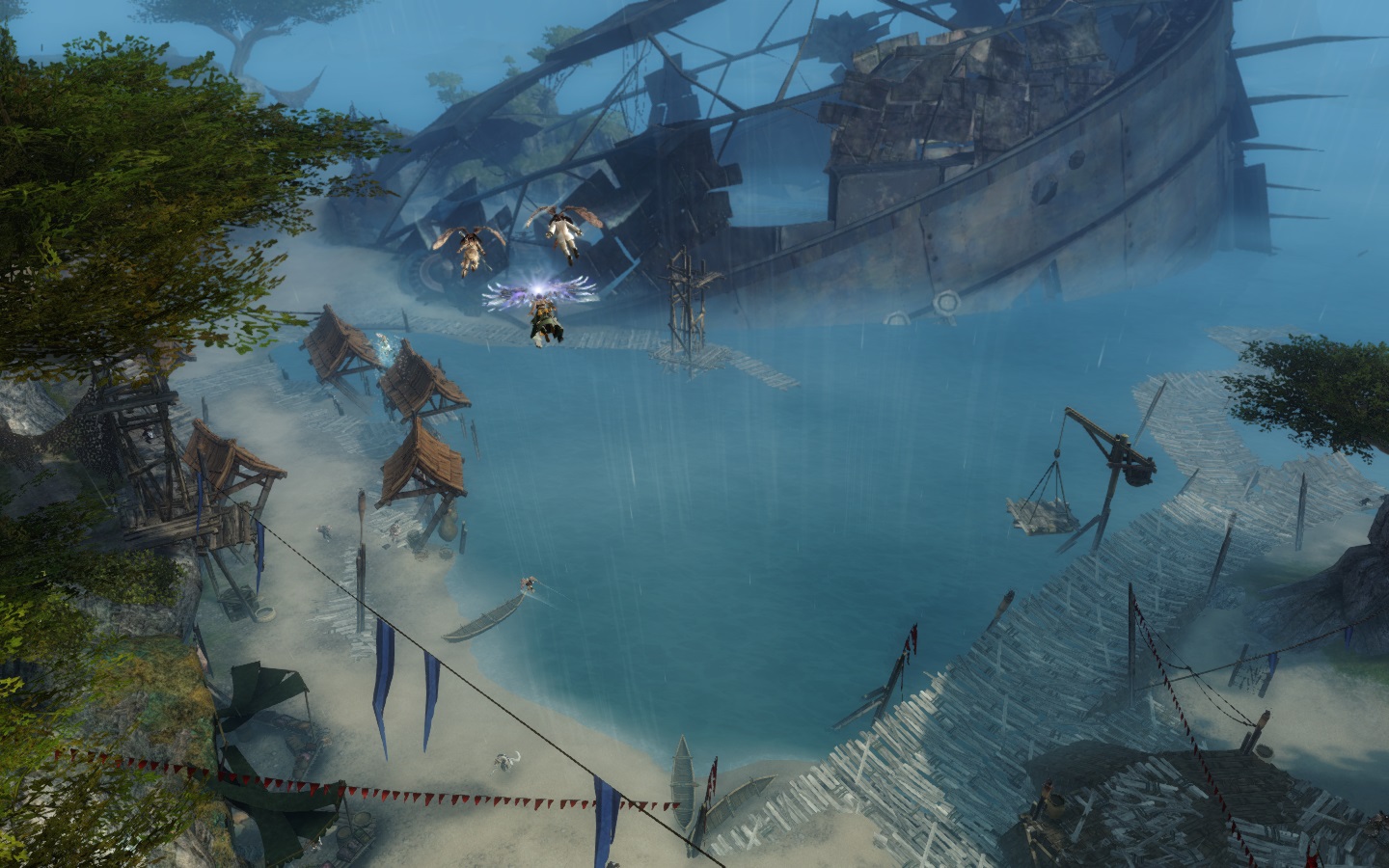
Social media and its narrow lens into personalities
Social activism on social media is a strange beast indeed: We love to showcase our kind hearts and good intentions by righting perceived wrongs and taking people to task for their failures, but I wonder how accurate our view really is when all we see is a snapshot of a human exchange on our screen. We judge people we have never met by what they attempt to get across in 140 characters or less on a regular basis: Price did it to Deroir firstly, and then the online mob did it to her in turn. What holds true in both instances is that vital context was missing from the cutting words and reactionary diatribe exchanged that day, and this is what I wanted to discuss most. How can we decisively maintain that Deroir was mansplaining to Price — or likewise that Price was intentionally fanning a fire where there was barely any smoke to begin with — when we know so little about them and anything else about what was happening in their lives that day?
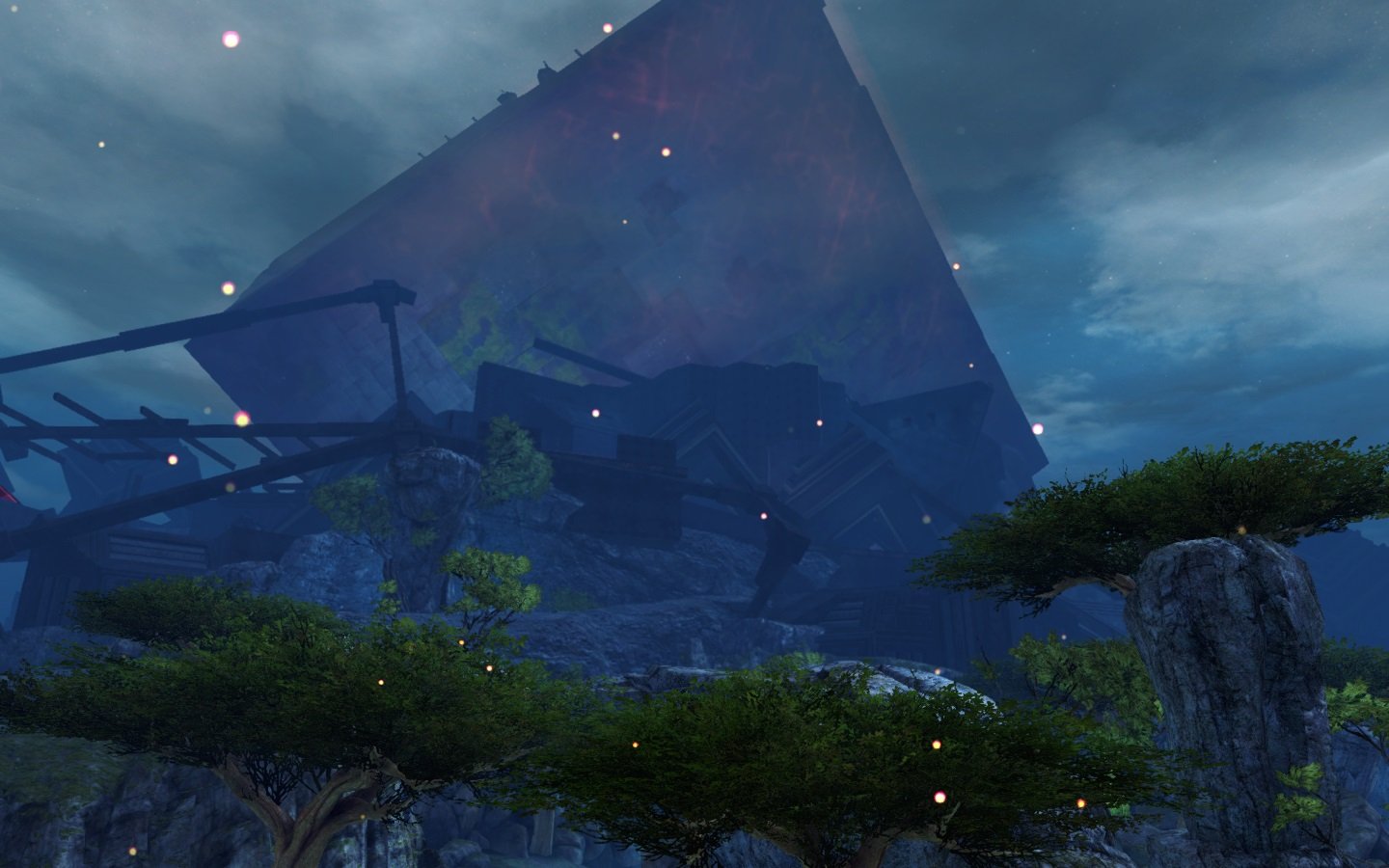
The internet is a dangerous place if your less-than-stellar moments happen to gain traction, which is exactly what has happened for Price and by proxy Fries as well. Nobody is immune to taking things in the poorest fashion possible, running away with a misrepresentation of someone due to a small exchange that went wrong, or stubbornly digging in our heels when our actions are flagged as abrasive or ill-informed. Each one of us can be obstinate, extremely rude, and generally toxic, but most of us don’t end up fired over it. The danger of seeking some sort of vindication on social media when you face frustrating times at work is that you leave room for all sorts of feedback you don’t want or need and professional scrutiny from all sorts of people. Price blames this on being a woman, but as a fellow women in game dev and game journalism, I can’t give her that free pass: I really do not feel that her issue stems from “hurt manfeels” or “rando asshats” invading her online spaces without her specific invite. Having said that, I also don’t think that means she deserves the Reddit pitchforks and general vitriol she has faced since she blew her top in such a fashion. Being wrong on the internet does not equate to ruining the reputation of your company, which is entirely the point that Fries was trying to make in her defense.
We are not omnipotent and have no idea what relationship pre-exists between Price, Fries, Deroir, and everyone else who has weighed in on the drama. I do not doubt Price and Fries when they say that their extensive time in the industry has forced them to build up a supreme intolerance for (and perhaps oversensitivity to) potentially sexist comments and mansplaining; I’ve felt it myself as an indie game dev who has frequently been ignored in meetings and even important email chains where my male business partner (MOP’s Brendan Drain) is present. These comments were also made in the context of ANet’s internal culture, which is not something anyone who doesn’t or hasn’t worked there is equipped to comment on authoritatively. Supposing from our tiny snapshot on Twitter is supremely dangerous, and I believe those game developers are entitled to a clear separation between their private and working personas, even if social media does make that very complicated.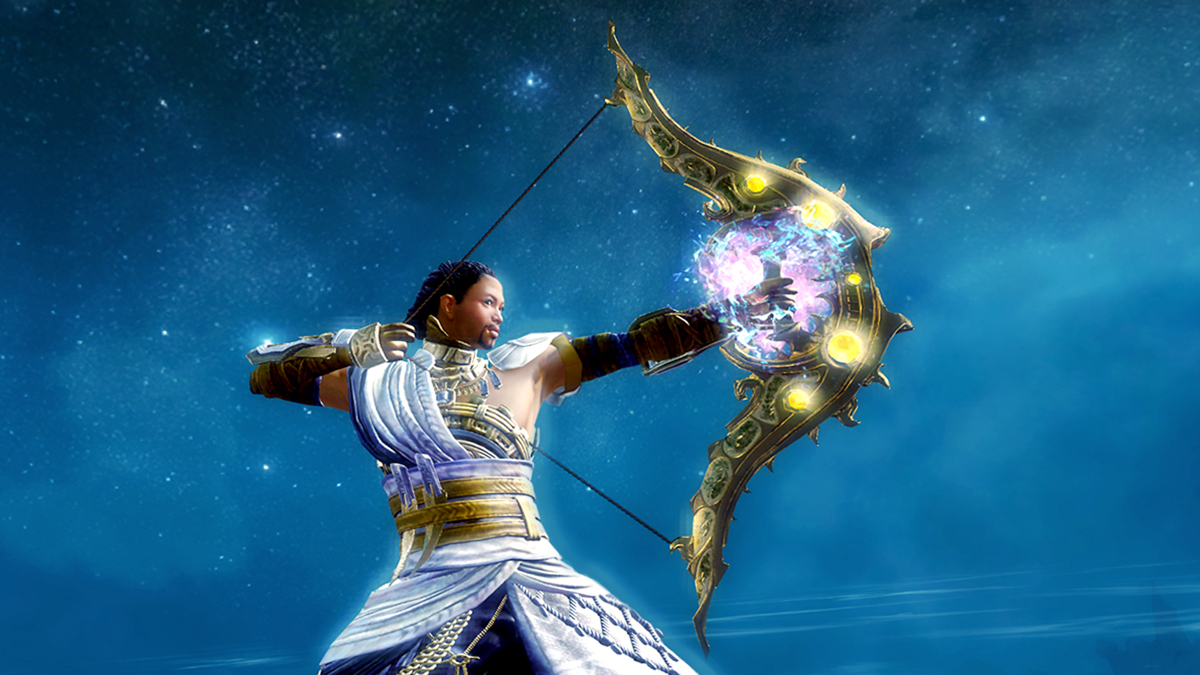
ArenaNet’s response: Reactionary tactics or decisive action?
The timing of the firing announcement is problematic for ArenaNet as Price maintains — and the timeline seems to suggest — that MO fired her because of questionable community pressure that involves sock-puppet accounts and a vocal minority of “toxic” people. O’Brien’s account, however, contradicts Price’s beliefs, pointing to the national holiday as the reason for any delay in action on his part. All sides of the debate disagree on whether or not this decisive action was actually bowing to public pressure, but I am more concerned that gaps in internal support and training should have been investigated before any such action happened, and I am left unsure as a loyal ArenaNet customer whether or not this drama was handled fairly.
If firing was the only option O’Brien saw, assuming he did have time to conduct a full investigation into the AMA preparation and all training provided for both employees, I would have liked to have seen more of an explanation as to why this was the case in his public acknowledgement of the drama. Perhaps US employment laws get in the way here and I’m simply unaware, but it seems all-too swift and extreme considering Deroir didn’t appeal to have her fired himself and he’s the injured party in all this. The decision made speaks of a more reactionary damage control measure being made rather than a fair, balanced case of decisive action, but we need more information to know for sure.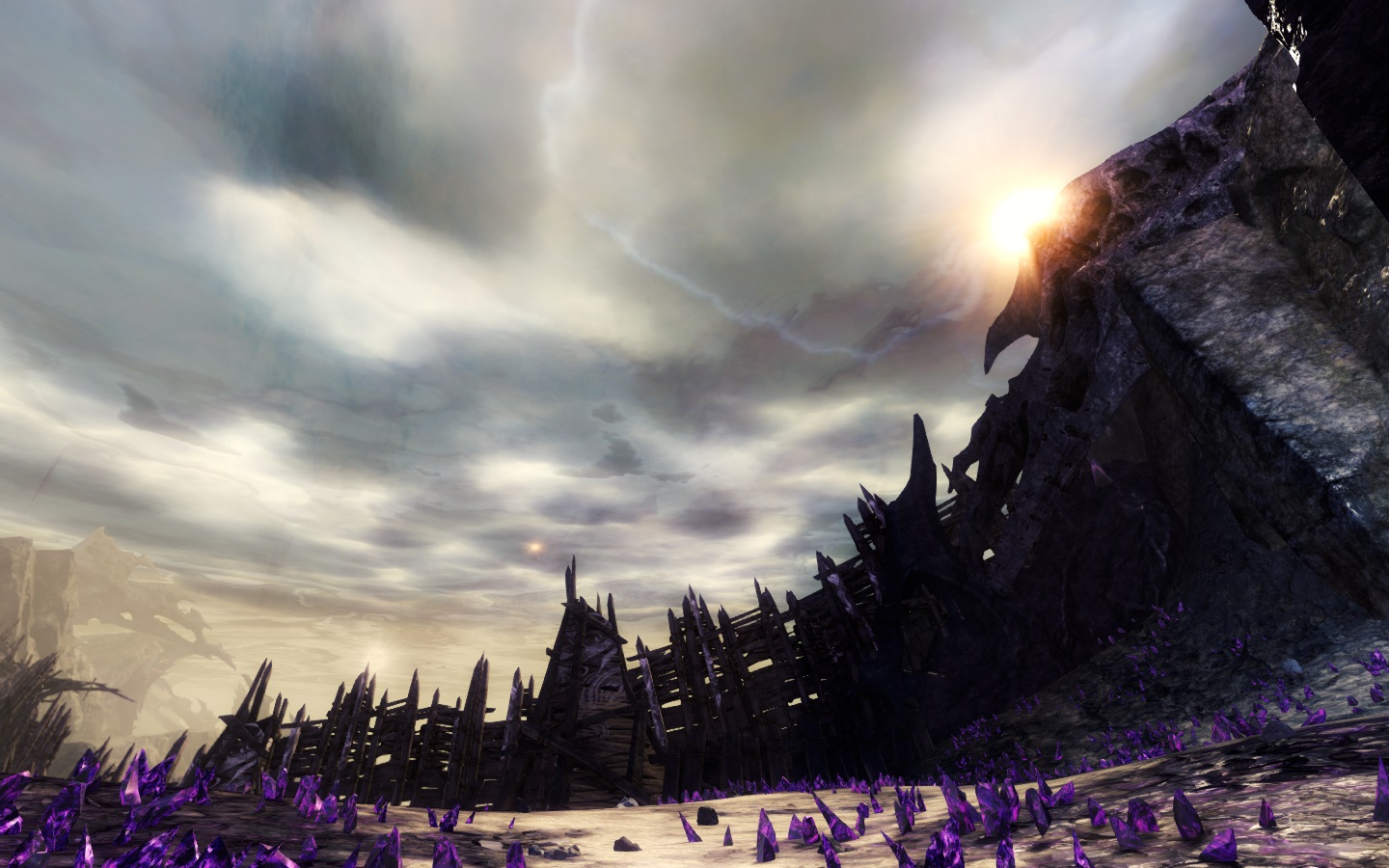
ArenaNet’s responsibilities for its employees
Mike O’Brien’s response to the backlash ArenaNet is facing from a segment of the community for firing Price and Fries is very interesting: He calls their tweets an “attack” and claims that she should have disengaged and turned to her employer for support if she felt harassed. I wonder, then, why I haven’t seen any specific reference to specific b2c social media training or at least a written policy that instructs ANet staff to seek further support that went ignored by the pair. I also question how well prepared developers are for public facing roles if they are allowed (or even encouraged, as Price says) to blur the lines so heavily between their personal social media accounts and their work personas since this simply isn’t best practice. Perhaps an entire overhaul of how ArenaNet interacts with its community is in order: I have pointed out communication issues on the PR side before, but perhaps this is indicative of a wider company-community communication issue that we’re only just seeing fully now.
If I worked at ArenaNet right now, I’d want assurance that support for non-public-facing staff would be increased in the wake of this PR disaster. It’s not enough to simply pop a developer in front of a game community and hope that his or her passion for the job will create an excellent representative for the company, and it is likewise unsustainable to make employees feel as though every sentence they utter while working at ArenaNet, 24/7 and every day of the year, is under scrutiny. Clear guidelines on when it’s safe and unsafe to let loose must exist for the sanity of everyone at the company: We all need to decompress and that isn’t always pretty.
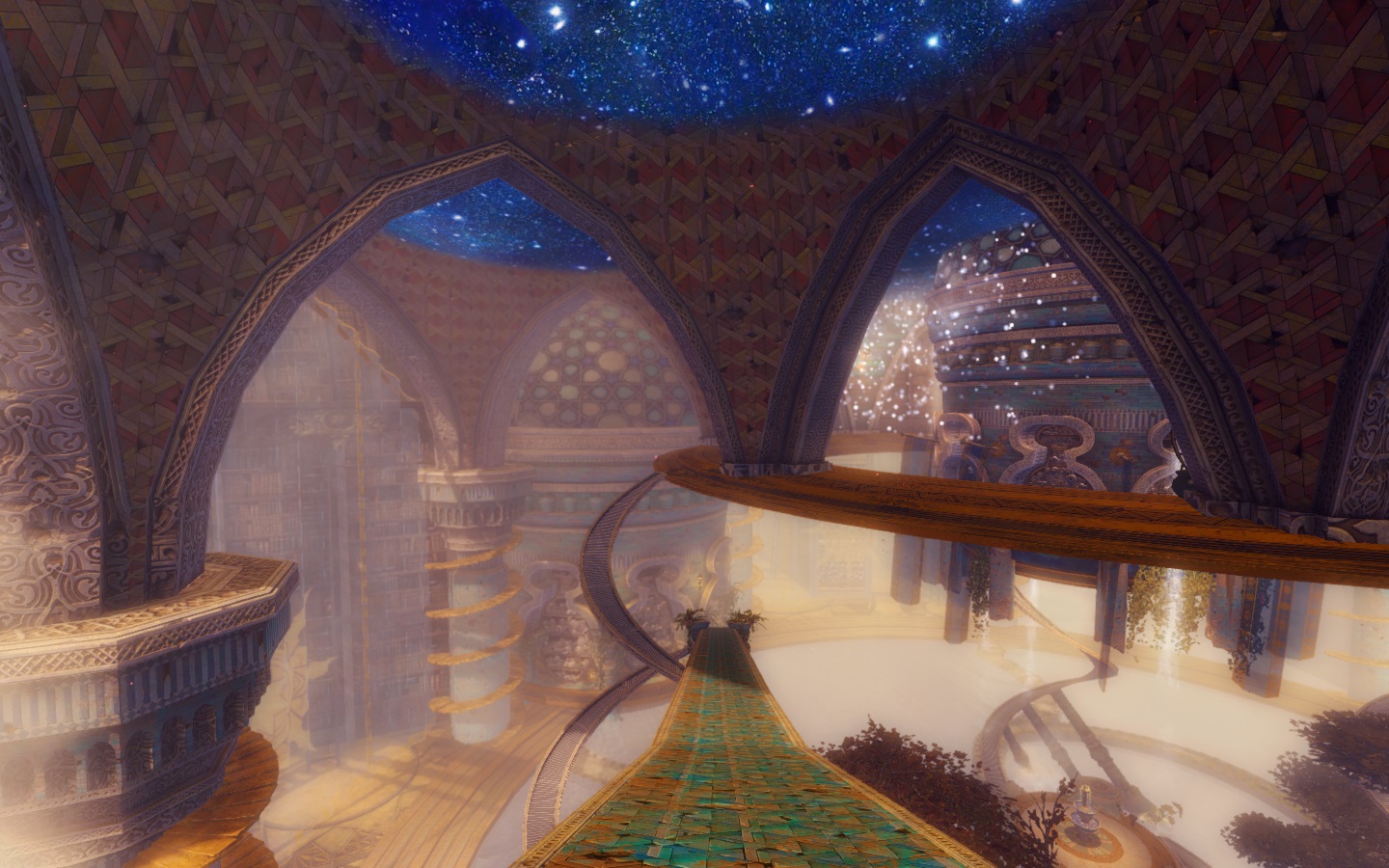
What does this mean for future AMAs and dev-community relations?
I would imagine that the message being sent to the development team at ANet by the firing of Price and Fries is to keep their heads down in case they get cut off! They could well be reluctant to take part in the AMAs or keep up large online followings, just in case one day their behaviour doesn’t meet the standards it should (and normally would). This is the biggest shame for me: ArenaNet had a sterling reputation for caring about representation, individuality, and equality, and even though the drama was far from clear-cut, I can already see the effects O’Brien’s decision is having on the community’s perception of the company. I feel as though ArenaNet’s reputation has taken quite a knock, not only due to Price’s initial outburst and the people it offended, but also because O’Brien thought that the answer to a staff member genuinely feeling completely seconded and belittled was to remove the problem from his vicinity.
Price and Fries are not marketing, PR, or community specialists, and I can make no assumptions about their comfort levels in undertaking these tasks, but if I were a superior of Price’s and knew her Twitter bio all-out admitted she can be volatile, I wouldn’t be popping her name in the hat for community relation building. There are ways to share the brilliance of these staff members with the community without opening them up to the public, and ArenaNet employs many of them and knows how important they are. Why not leave the AMAs and resultant follow-up social media contact to those who have the training and tolerance for the inevitable frustrations of the role?
Over to you!
Life is not Dungeons and Dragons and we do not wield our alignments as core personality traits: No one is totally inherently evil or entirely good in the real world. I adore the TED talk in the video above because it forever reminds me to keep in mind how fragile the truth is on social media and how abstracted online information can become from its source. What snapshots do we accidentally put out into the online world for all to see? I know that I can’t honestly say my social media presence has been squeaky clean, and I doubt very many people can. Price overreacted and Fries was dragged along for the ride, and the resulting fallout was a PR nightmare for their employer as well as for them. A good employer would move on from the snafu swiftly, realising that all sensationalist disasters blow over eventually, and a great employer would have picked its floundering staffers up by their bootstraps and actively helped them iron out the dents in their halos.
“Maybe there are two types of people in this world: Those who favour humans over ideology, and those who favour ideology over humans. I favour humans over ideology but right now, the ideologues are winning, and they’re creating a stage for constant artificial high dramas where everybody’s either a magnificent hero or a sickening villain, even though we know that’s not true about our fellow humans.” — Jon Ronson
If a game company cares more about its reputation than the wellbeing of its staff, the community learns that the interaction it receives from its staff are superficial and meaningless. People come before ideologies and we are inherently complex creatures who display nuanced moods and opinions, and sanding down the edges too much just leaves a bland, blank canvas. While Price’s attitude undoubtedly stank, I also see the frustrations that clearly feed into the toxic inner working model she put on display on Twitter, and I don’t think her ex-employer did all they could to prevent the meltdown from happening in the first place. Lets not allow it to be the case where being voiceless is the smartest way to live. Those who wrong us never learn temperance by feeling vindicated by our ire, especially if we’re a meaningless internet stranger who only sees a snapshot of their character in a random Tweet fest.
(Respectfully!) leave your thoughts in the comments below: I spent plenty of time decanting my thoughts into something vaguely coherent despite how messy the situation is, so I hope you’ll consider your responses in a similar fashion. My summary is far from exhaustive, so I’ll return to the comments as often as I can to give clarification and check in on your musings on the topic. I think our knee-jerk reaction will be to either demonise Price for her belligerent tangent or spit vitriol at ArenaNet and Redditors for dropping the pair without even letting the dust settle, but both responses seem too reductive to me. I hope that ArenaNet uses this latest drama as a massive learning experience even if it never discusses it again publicly, and I hope that Price and particularly Fries move on to new pastures and aren’t haunted perpetually by one day on Twitter in the middle of their promising careers.
 Tina Lauro has been playing Guild Wars 2 since it launched and now pens the long-running Flameseeker Chronicles column, which runs every other Wednesday and covers everything from GW2 guides and news to opinion pieces and dev diary breakdowns. If there’s a GW2 topic you’d love to see covered, drop a comment Tina’s way or mail her at tina@massivelyop.com.
Tina Lauro has been playing Guild Wars 2 since it launched and now pens the long-running Flameseeker Chronicles column, which runs every other Wednesday and covers everything from GW2 guides and news to opinion pieces and dev diary breakdowns. If there’s a GW2 topic you’d love to see covered, drop a comment Tina’s way or mail her at tina@massivelyop.com.Further reading on the incident and ensuing fallout:
 ArenaNet has let go two Guild Wars 2 devs following a heated Twitter confrontation
ArenaNet has let go two Guild Wars 2 devs following a heated Twitter confrontation
 IGDA calls for transparent guidelines on game studio social media and harassment following Guild Wars 2 dust-up
IGDA calls for transparent guidelines on game studio social media and harassment following Guild Wars 2 dust-up
 Flameseeker Chronicles: Unpacking Guild Wars 2’s PR nightmare
Flameseeker Chronicles: Unpacking Guild Wars 2’s PR nightmare
 Game Workers Unite condemns ArenaNet for Guild Wars 2 developer firings
Game Workers Unite condemns ArenaNet for Guild Wars 2 developer firings
 Massively OP Podcast Episode 177: ArenaNet A-bomb
Massively OP Podcast Episode 177: ArenaNet A-bomb
 Former Guild Wars 2 developer criticizes ArenaNet boss for ‘solicitation of harassment’ and minimization of her work
Former Guild Wars 2 developer criticizes ArenaNet boss for ‘solicitation of harassment’ and minimization of her work
 Massively OP’s 2018 Awards: Biggest MMO Industry Disappointment of 2018
Massively OP’s 2018 Awards: Biggest MMO Industry Disappointment of 2018

